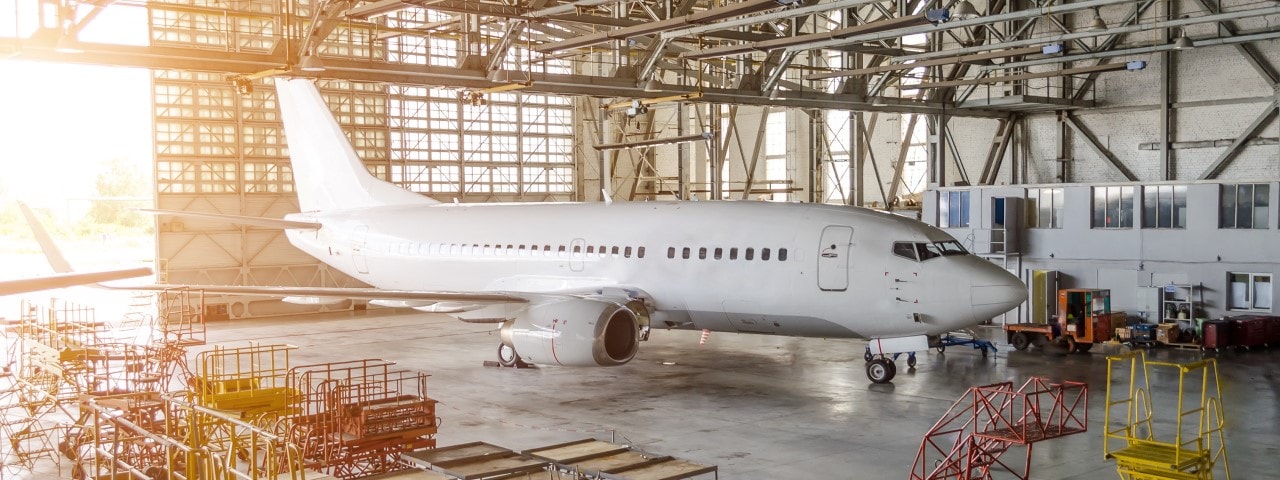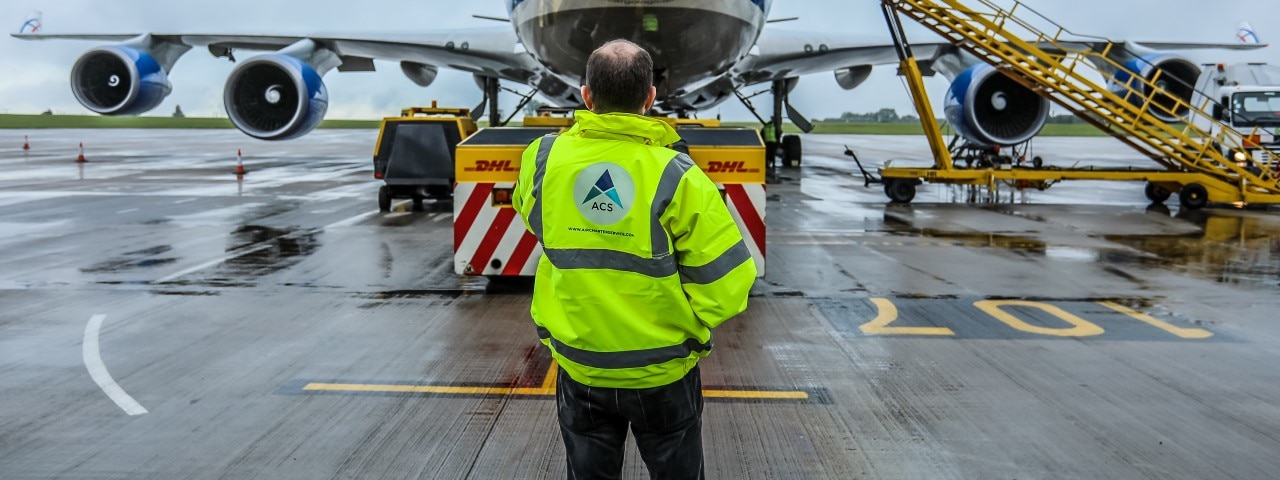Aircraft leasing facing unprecedented demand
According to Polaris Market Research, the global aircraft leasing market’s value is set to almost double to $295.18 billion (USD) by 2029. Air Charter Service’s aircraft leasing team is already experiencing this growth first-hand as the sector faces unprecedented demand in the aftermath of Covid-19.
As we continue to come out of the Covid-19 pandemic, aircraft wet leasing is playing a prime role in the airline industry’s survival and growth as airlines opt for short-term solutions to meet high demand.
The Northern Hemisphere’s summer period is always the busiest season for airlines as more people look to holiday abroad. But 2022’s particularly high demand has led to a big influx in aircraft wet leases, as Air Charter Service’s Senior ACMI Aircraft Leasing Executive, Ryan Davies, explains.
“In addition to the usual summer demand, people are desperate to get away this year after being cooped up due to Covid-19 lockdowns and travel restrictions. With a number of leisure holidays being postponed during the pandemic, many people rescheduled their travel plans for 2022. This is one of the key reasons why airlines are asking us to help boost their capacity by leasing aircraft.
“High demand for holidays isn’t the only factor contributing to 2022’s heightened demand for leasing. We’ve also had airlines come to us for help because of crew shortages, which has left them unable to operate all aircraft within their own fleet,” Ryan adds. “Not only that, many haven’t yet managed to get all their aircraft operational after covid-19 due to a lack of maintenance slots or issues within the aircraft parts supply chain.
“Some aircraft that were grounded during the peak of the pandemic are now in need of extra work. This has created a backlog that’s putting extra pressure on airlines trying to operate increased schedules over the busy summer period.”
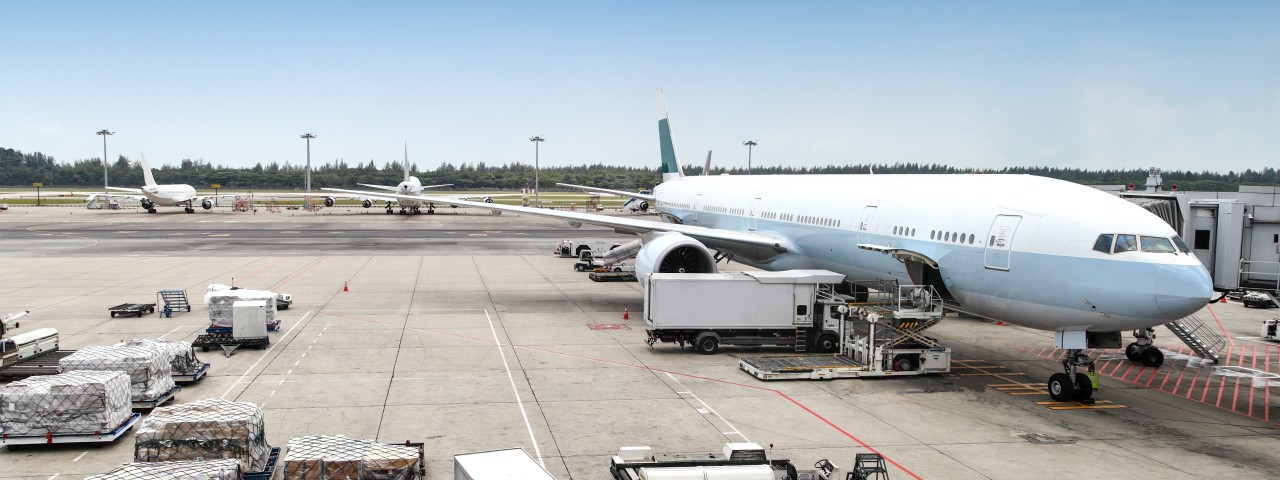
While Polaris Market Research predicts the aircraft leasing industry will continue to grow over the next decade, the bigger question at hand is whether the unusually high demand we’re currently seeing will continue in the short term.
Ryan continues: “Naturally, we expect the winter months to be quieter in line with seasonal demand within Europe for air travel. But the growing trend towards short-term leasing may continue long into the future, especially if staff shortages and people’s thirst for overseas travel continue.
“Ultimately, more and more airlines are turning to wet leasing for much-needed flexibility during these uncertain times. Wet leasing preserves service continuity and improves fleet efficiency, allowing airlines to plan their schedules for the summer and beyond with more confidence. These benefits are likely to be exploited into the future as the aviation industry continues to recover and adapt.”
“This year, we’ve seen some airlines wanting to lease larger aircraft types than those currently in their fleet to satisfy increased demand. Others haven’t had enough crew, while some have needed speedy replacements for aircraft with maintenance delays,” says Ryan.
“But It is not just passenger aircraft leasing that is performing strongly at the moment. The strong supplier relationships we’ve built over the past 30 years, along with the local expertise of our award-winning in-house cargo team based across six continents around the world, means we have also been able to provide all kinds of quick and innovative cargo leasing solutions even amidst high demand.
“However, with freighter capacity still very tight, we have been recommending to our customers that they give us plenty of notice so we can achieve the best solutions for them, and provide them with the aircraft they require at the time they need it.”
Click here to learn more about what our aircraft leasing team can do for you.
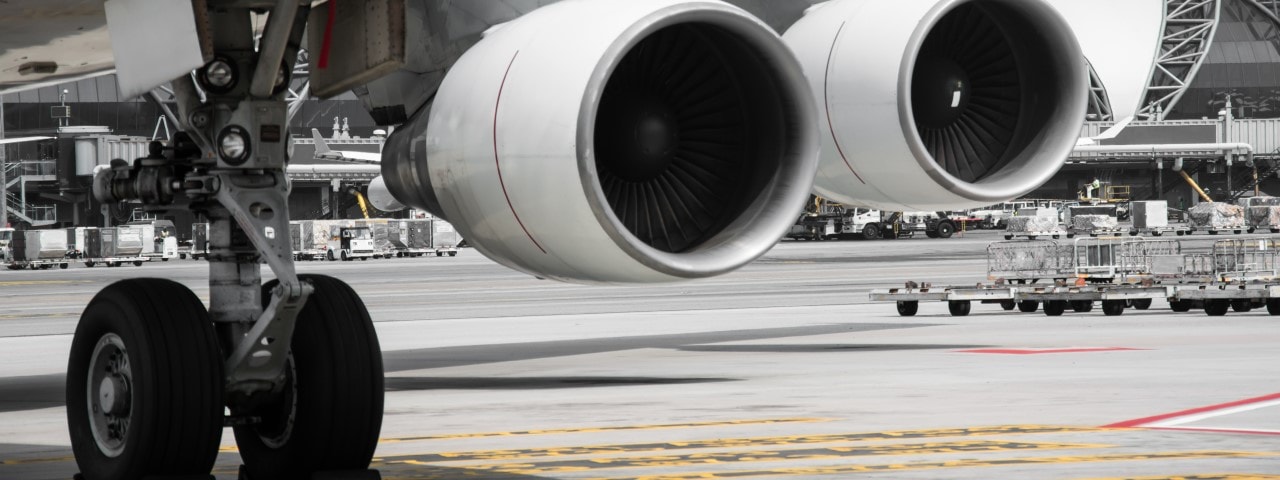
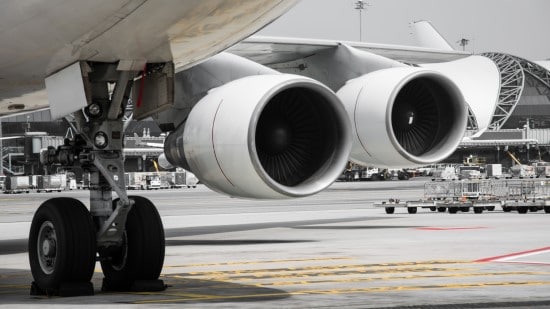 Air Charter Service’s aircraft leasing team is experiencing a remarkably busy season as the market faces unprecedented demand in the aftermath of Covid-19.
Air Charter Service’s aircraft leasing team is experiencing a remarkably busy season as the market faces unprecedented demand in the aftermath of Covid-19.


